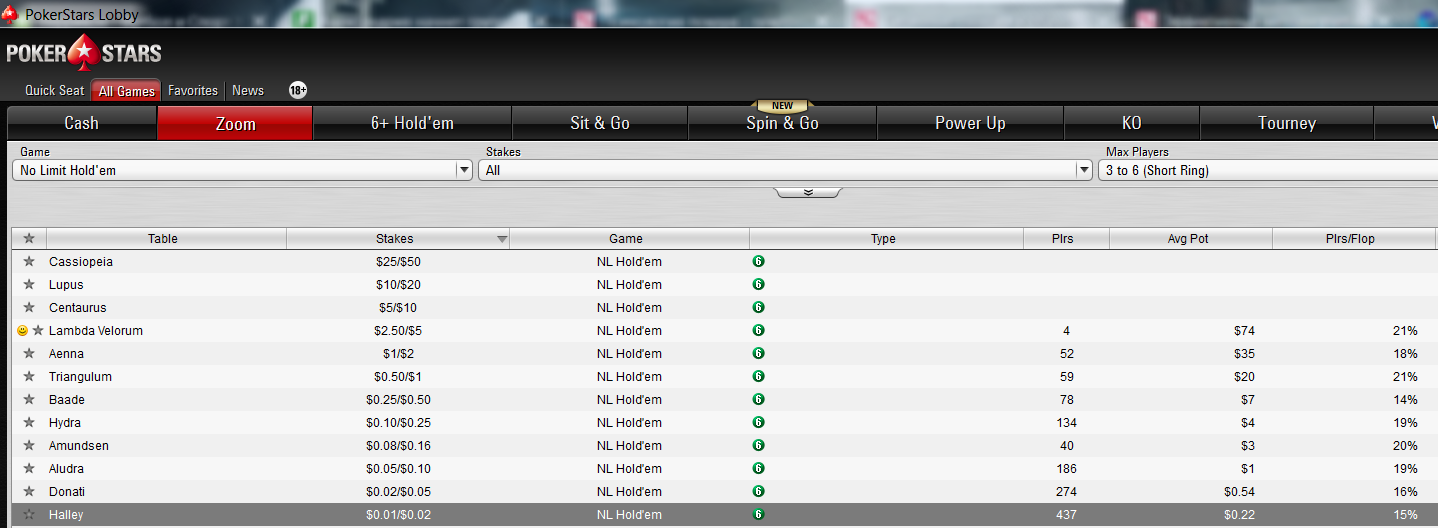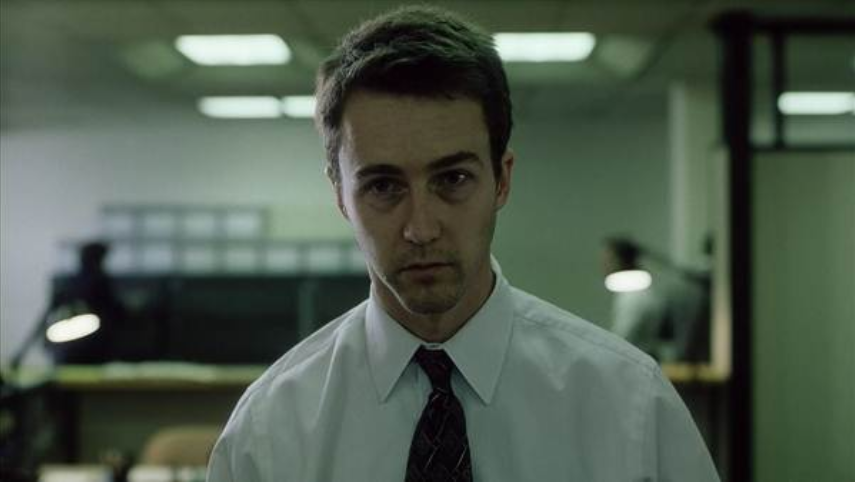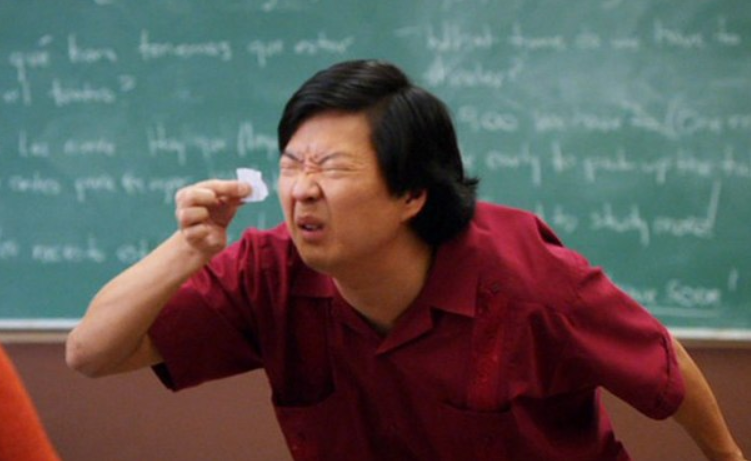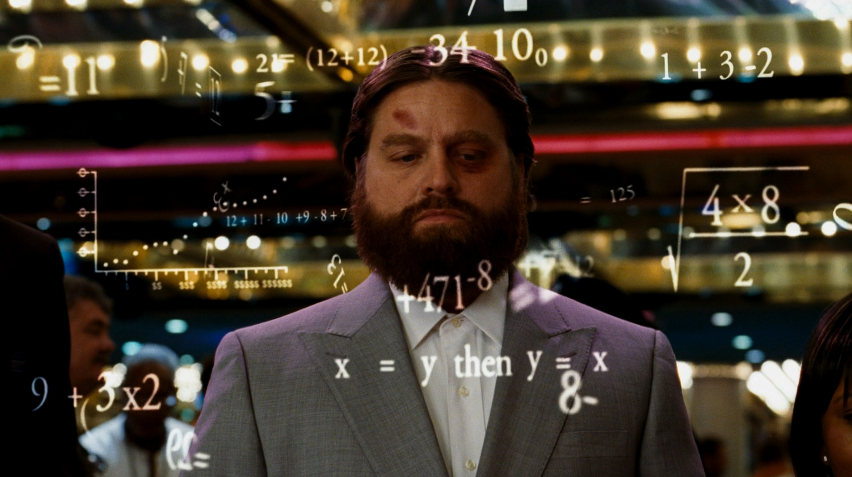Top 5 poker learning mistakes

Many poker fans often ask the question: with the huge amount of training materials available, why is it that the most popular limits in online poker are still NL2-NL5-NL10? Is it so difficult to gain knowledge and overcome the lower limits? Do players really enjoy sitting at micro-limits for years and showing weak poker?

NL2 and NL5 surpass the other limits combined in terms of number of connections
But even leaving aside the total number of NL2 players on Pokerstars or PokerOK, why do poker strategy sites mirror the lobbies of the rooms? Most of the hands in evaluation, poker blogs, and strategy discussions are at low limits. Regular visitors of training portals are just as spread out across limits as recreational players.
Improper learning is a key reason for languishing at micro-limits and lack of growth in poker. An effective approach to learning leads to a rapid climb up the limits and an increase in skill level. Some players go from NL2 to NL100 in less than a year. Going up a level every two months is an impressive but achievable result. Let's look at the main mistakes that lead to hang-ups at low limits.
1. Too many training materials
There are many ways to work on a game. You can:
- watch instructional videos from masterful coaches;
- analyse hands in poker software;
- read poker books;
- discuss hands with another players;
- work with a mentor.
The effectiveness of each of these depends on the individual. However, not only are there a decent number of ways to work on the game, but poker itself is a complex game with a huge number of elements. The typical beginner tends to cover everything at once and gets a real chaos in their thoughts. The layering of multiple topics reduces the effectiveness of learning. As a result, the income from poker may not only fail to grow as you learn the material, but also fall.
Instead of chaotic and haphazard work on everything at once, we recommend to choose 1-2 important aspects and purposefully improve your competence on them. After a while you will master them well and go further. Through careful attention and hard work, you will form a strong foundation for future successes.
2. Lack of rest
Because of the clutter of materials and the desire to learn everything as quickly as possible, players don't get much rest. After all, someone is already playing NL100, and you still haven't broken out of NL10. Skilled teachers know that rest is important for learning new information and developing skills. Forcing new data in often has the opposite effect.

He's a regular soap peddler by day and a promising NL2 regular by night
Give yourself time to relax. Don't overdo it with new material - give it time to settle in your mind. Take a day off once a week and don't think about poker. Ideally, once every few months, don't sit down at your computer for a few days at a time. Not only will this not slow down your progress, but on the contrary, it will stimulate it.
3. Failure to see improvements
It is difficult to count the number of situations when a person, inspired by the best intentions, started working on himself, but, without seeing tangible progress, abandoned the right cause. It happens to every person. Failure undermines faith in one's own abilities. Not all players are resistant to defeat and continue to move in the right direction.
In poker, it is not easy to see progress because of the dispersion. In its negative spiral, it's hard to realise that you are:
- read hands better;
- you're folding cards away sooner;
- you're more subtle when you're valuebetting.
The player is progressing, but not as fast as he would like.

Skill growth is visible in the distance but imperceptible in the moment
A poker player puts his hands down and stops doing things that really helped. That's why you need to define measurable criteria for growth. Preferably, they should not be related to results. A good way is to play a decent distance for a month and analyse the situation in filters. Statistical software like PokerTracker 4, Hand2Note or Holdem Manager 3 will work well for this. If there is no progress and your skills remain at the same level, you will realise that the actions you have taken are not working. This is a great time to rethink your approach to learning. This is also a move in the right direction!
4. Focusing on the wrong things
Players strive to improve their skills every day. They seek out new knowledge, implement it into the game, and move on. The consequence is a very diverse arsenal of techniques that they use during their best sessions. But they show their A-game somewhere between 10-15% of their time at the poker table. Most of their playing days are not at their peak. They play worse, their concentration is lower, and they make more mistakes. They repeat a significant part of their mistakes day after day.

Complex concepts at low limits do more harm than good
Careful analysis of the hands in the software will lead to an unexpected conclusion: it is more profitable to eradicate simple but repetitive mistakes than to constantly add new tricks. Working with more complex concepts has a negligible effect on the winrate. And even on those few days when all the stars align and you manage to show the best game. The key message is simple - remove the worst elements in your B-game and it will lead to an increase in your poker skill. There's no denying the usefulness of training programmes like the Simple GTO Trainer, but getting rid of the obvious holes has a greater effect on distance.
5. Simulation of study
Phil Galfond's VOD is interesting to watch. As well as the stream from NL1000. However, imitating high limit idols when you play NL10 yourself is bound to lead to failure. Prefer qualified content that has been created for your limits and is relevant to your level of poker understanding. Don't get ahead of the curve. Learning poker is a marathon, not a sprint. Working through mistakes in Flopzilla or Power-Equilab is more useful than watching the WSOP-2024 final table.





 Log in
Log in  Register
Register 